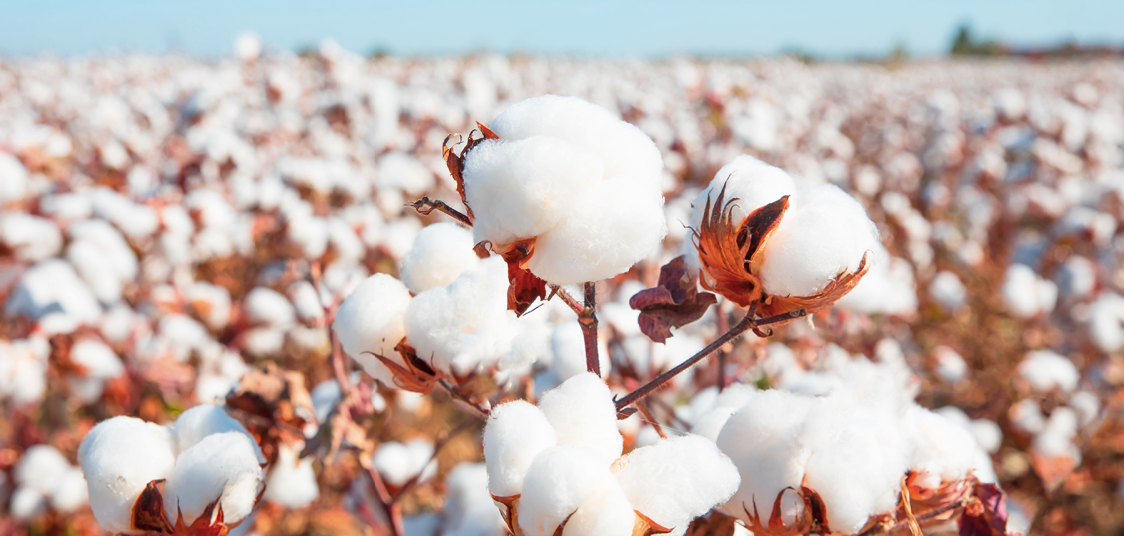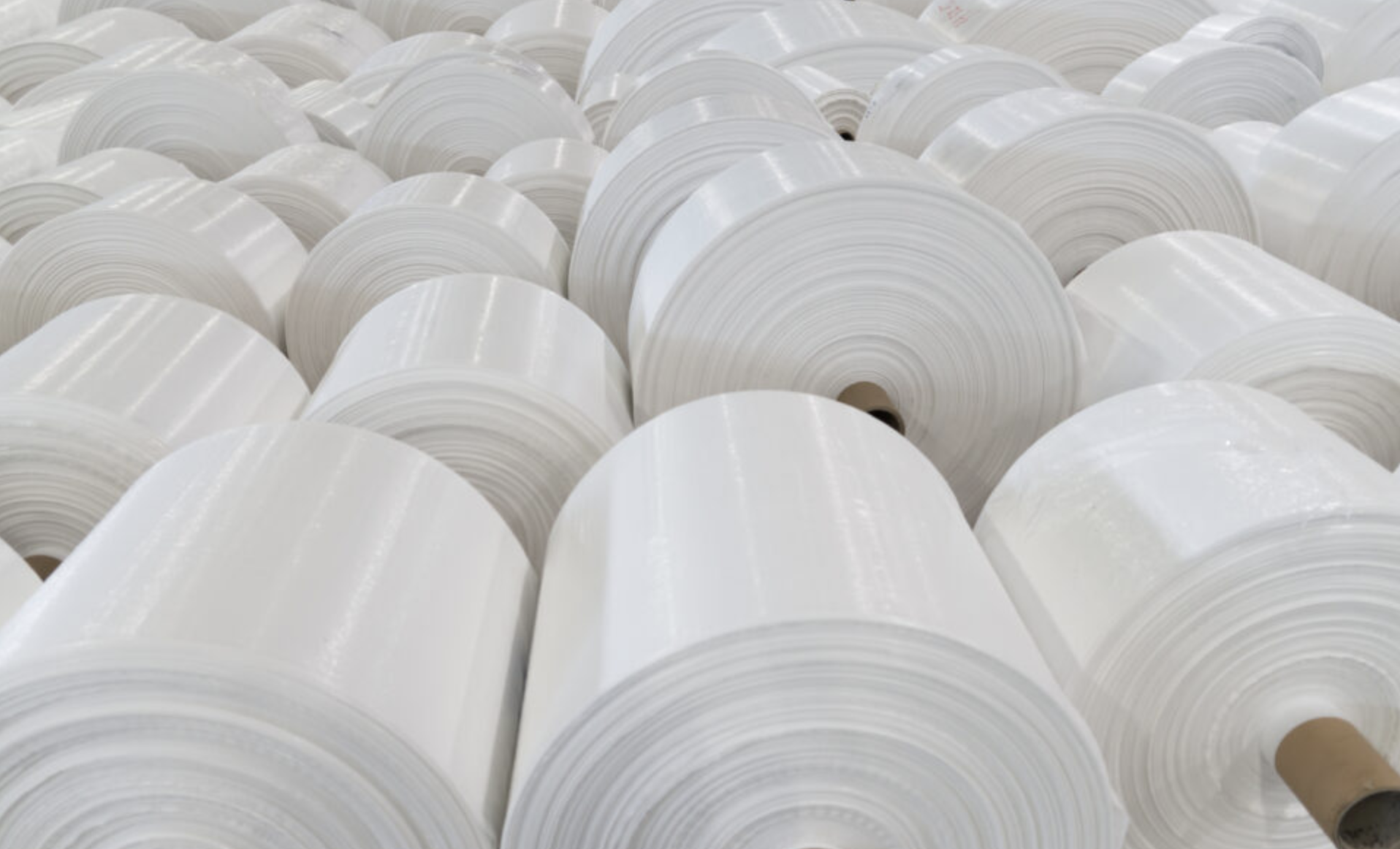Where Is Cotton Grown?
Cotton is the most popular natural fibre in the world. It accounts for about 50% of all fibre in the industry. And besides being the main source of natural fibre, the cotton plant is also a source of cottonseed meal and edible oil.
Why not also read: Facts about cotton
Cotton fibre has been used for ages to make textiles. In Ancient Egypt and China, it has been the lead source of textiles for centuries. In Europe, cotton was a luxury textile until the 18th century when new tech methods of processing cotton were invented allowing for mass production of cotton fabric.
In the 19th century, the cotton textile industry grew exponentially in Europe and other parts of the world. This resulted in cotton being grown in other parts of the world where the climate is conducive, including parts of the US, China, South America, Africa, and Australia.
Why not also read: How is cotton made?
Types of Cotton
Cotton is gotten from the hair around the seeds of Gossypium family plants. There are many cotton plant varieties – some from America and others from Asia. Today, there are some modern types developed through hybridization and breeding.
But in regards to fibre length, there are three types of cotton:
Long-staple
This cotton measures between 25 and 65m. It mainly grows in Peru, USA, Egypt, Haiti, and Sudan.
Medium staple
It’s also referred to as Upland American cotton. The ideal length is between 15 and 35mm and usually grows in china, Brazil, India, and Argentina. This variety makes up a large percentage of cotton produced globally.
Short staple
Its length varies between 8 and 25mm. It’s low quality and is mostly grown in India and China.
Conditions necessary for cotton growth
Below are the economic and physical conditions that are required for growing cotton.
Physical conditions
Temperature
Cotton thrives in the tropics and sub-tropics where the climate is warm and humid. The annual temperature requirement is between 20 and 28 degrees. Equitable temperature distribution is necessary, as is bright sunshine.
Rainfal
Physical conditions
The annual rainfall required is between 50 and 100 cm. It should not be raining when cotton is being harvested.
Frost-free days
Cotton requires a minimum of 180 frost-free days to grow. However, the sweet spot is 200 frost-free days.
Soil
The soil should be fertile and saline with high water retention capabilities. Loamy soil that is high in calcium carbonate is perfect for cotton growth.
Relief
The land should be slightly slanted to help in draining water.
Economic conditions
Labour
Honestly, cotton is labour-intensive. As such, it requires a cheap labour to be sustainable.
Capital
Mechanized cotton cultivation requires large amounts of capital to purchase machinery, fertilizers, and pesticides for cotton growth and processing.
Market and transport
Essentially, cotton is a commercial crop. It is grown for export. As such, there should be an elaborate transport system in the areas where it is grown. Moreover, to sustain cultivation, there should be a steady demand in international markets.
Though we don’t take part in the cultivation of cotton, we’ve made it a point to understand the different types and qualities we deal with to ensure we provide high-quality cotton bags. Moreover, our role in all this is providing use and market for cotton to help support the industry.





